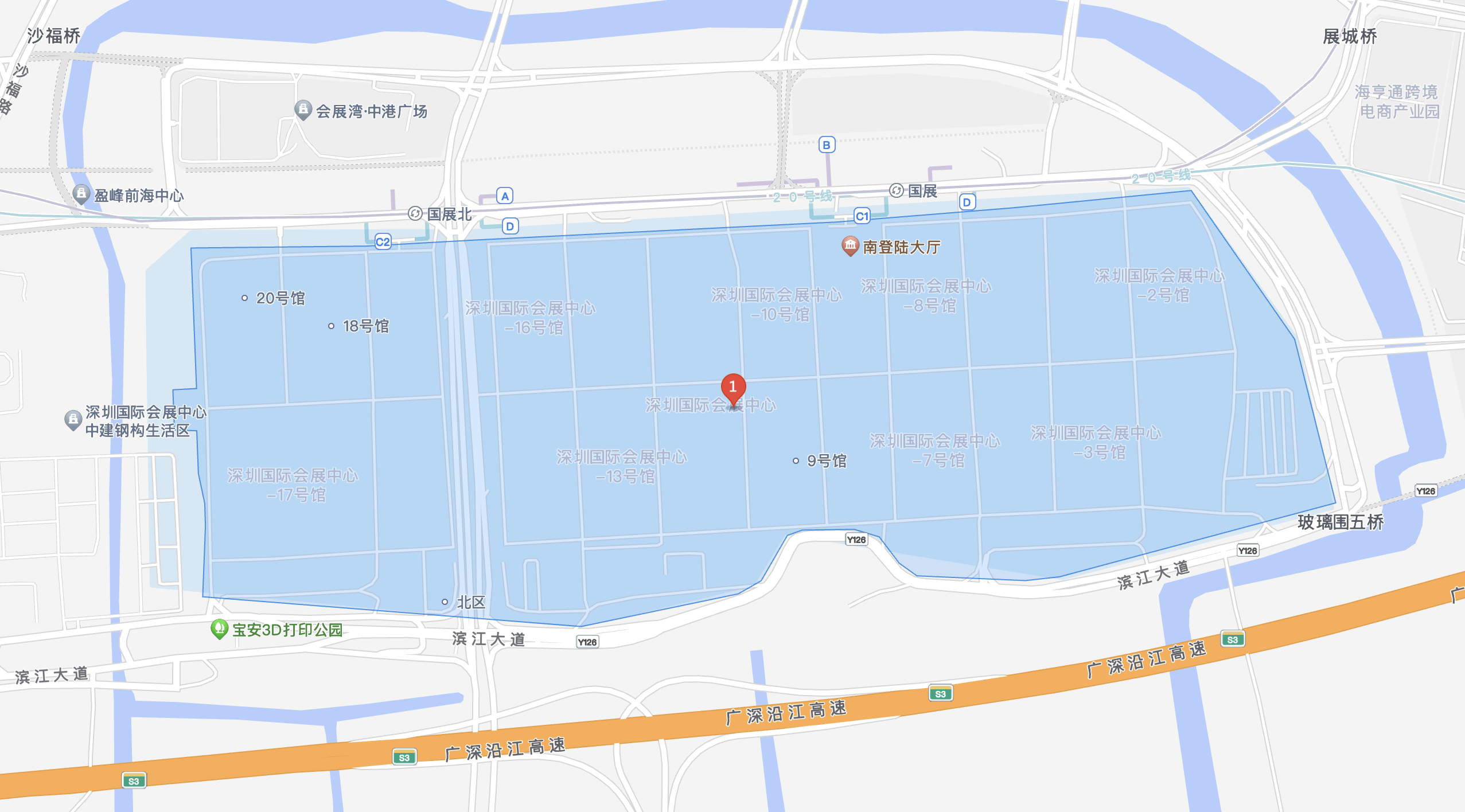On August 27th, a themed exchange event on the development of the AI industry ecosystem was held in the Mangrove Hall of the Shenzhen International Convention and Exhibition Center as a key component of the 2025 Shenzhen (International) General Artificial Intelligence Conference. The event brought together representatives from financial institutions, academicians, business leaders, and industry scholars for in-depth discussions on the innovative applications of AI technology in various fields, the construction of an industry ecosystem, and the balance of development and governance. This event injected strong momentum into promoting the deep integration of AI with the real economy and building a high-quality industry ecosystem.
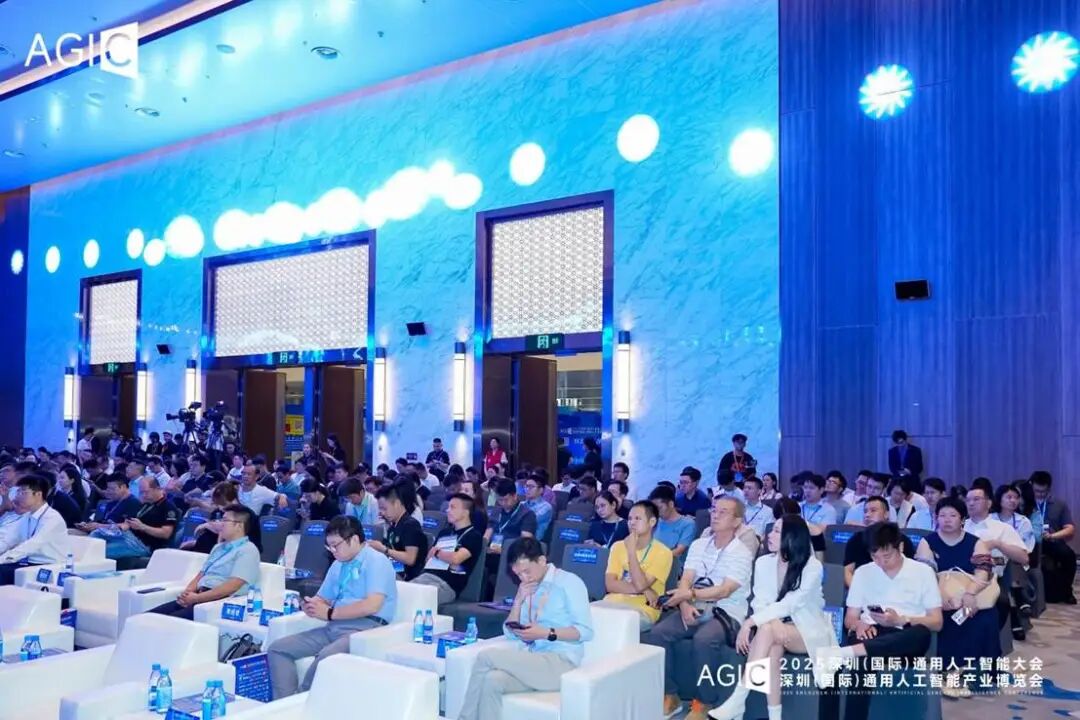
Luo Liming, Party Committee Member, Executive Committee Member, Vice President, and Chief Information Officer of China Galaxy Securities Co., Ltd., attended the event and delivered a speech. From a financial perspective, he analyzed the enabling value of AI for industrial upgrading, noting that AI technology is driving the transformation of financial services toward "precision, intelligence, and scenario-based services." Going forward, Galaxy Securities will further strengthen its collaboration with AI companies, providing capital support and financial services for the development of the AI industry and facilitating the integration of upstream and downstream resources in the industry chain.
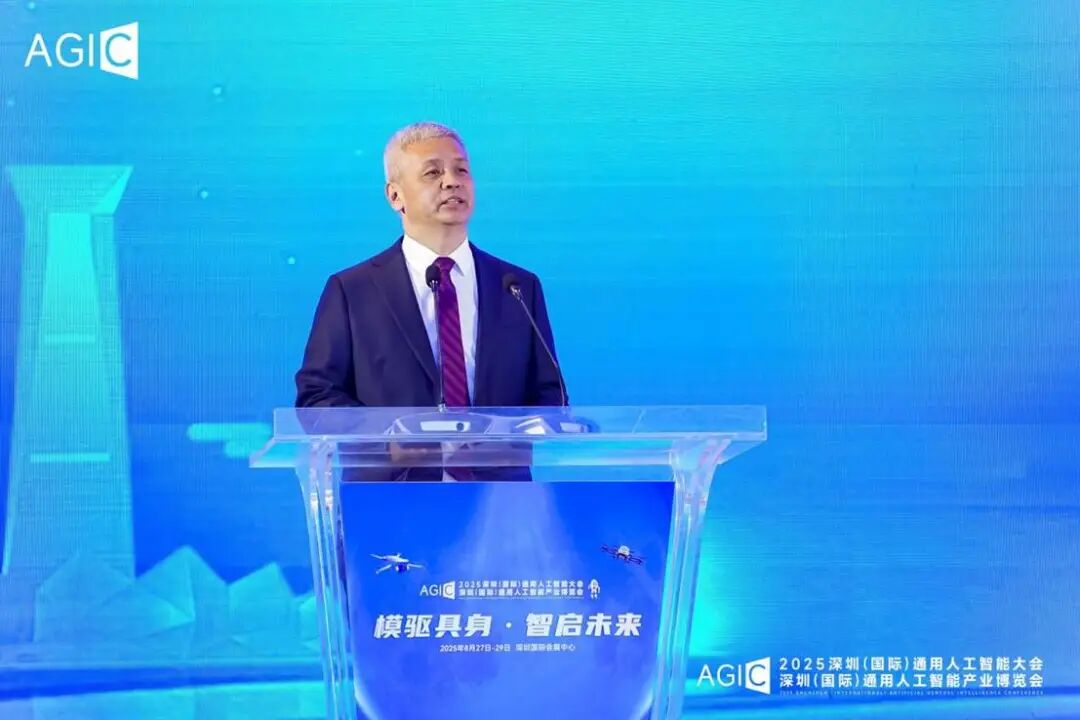
During the keynote speech session, industry leaders took turns delivering cutting-edge insights across multiple fields. Zhu Beiwei, an academician of the Chinese Academy of Engineering, spoke on the theme of "AI Reconstructing the Food Ecosystem - Food Industry 4.0 Empowers the Technological Leap of Intelligent Home Cooking," illustrating with practical examples how AI technology is driving the food industry's upgrade from "mass production" to "personalized customization." She proposed that using AI algorithms to optimize ingredient combinations and smart kitchenware for precision cooking can not only improve family dietary health but also promote the greener and more efficient development of the food industry, giving new technological meaning to the principle of "food is the primary need of the people."
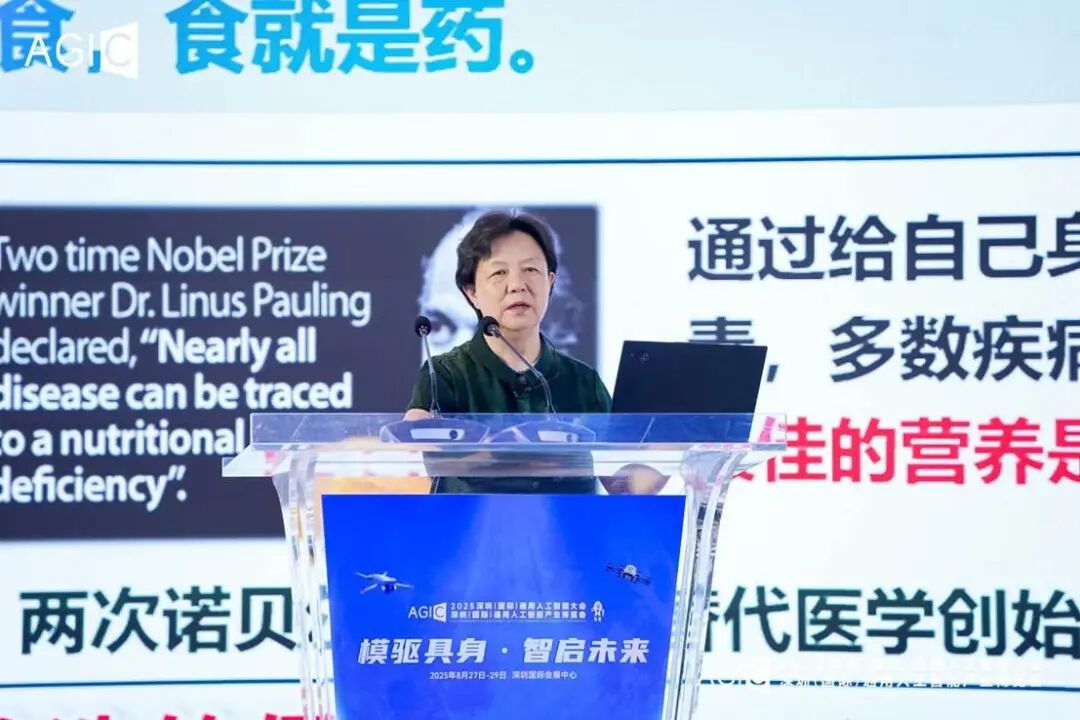
Chen Ning, Chairman and CEO of Shenzhen Yuntianlifei Technology Co., Ltd., focused on the core topic of "AI reasoning," emphasizing its critical role as the "core engine of artificial intelligence industrialization." He pointed out that with the increasing application of large models, global demand for inference computing power is entering a period of explosive growth, and domestically produced, independently controllable AI reasoning computing power will usher in huge market opportunities. Intellifusion has already launched the Nova series of NPUs, the DeepEye series, and the DeepEdge series of AI inference chips. Future releases include DeepVerse, designed for integrated edge training and inference of large models, and DeepXbot for humanoid robots, promoting the ubiquity of large AI models.
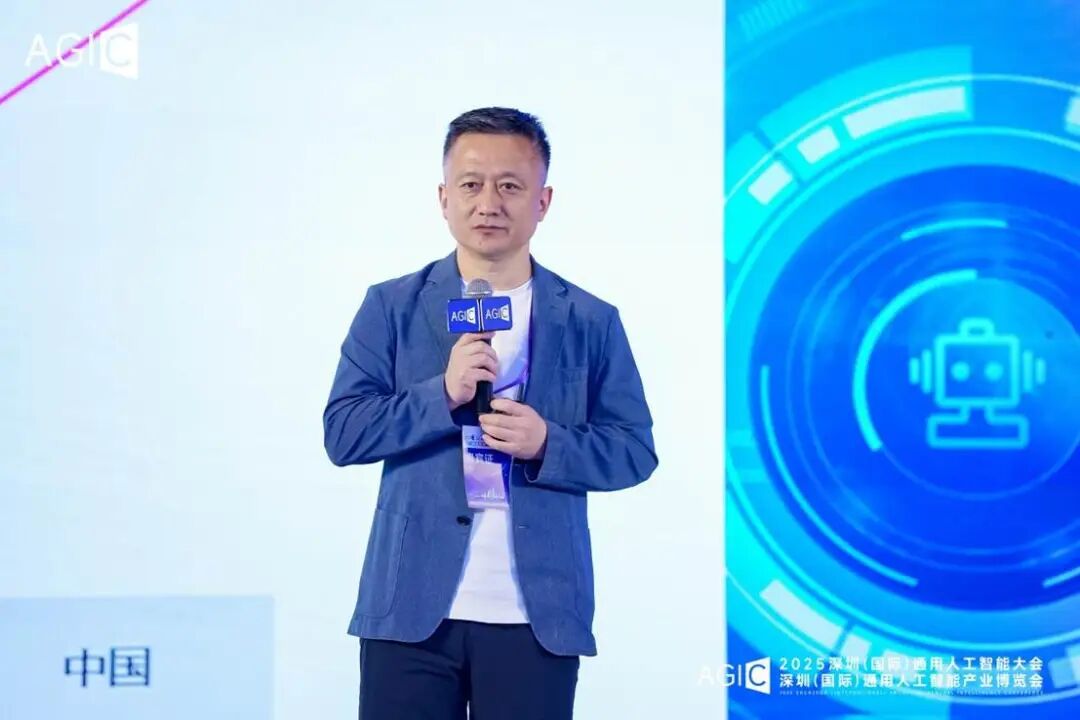
Shen Fumin, professor at the University of Electronic Science and Technology of China and co-founder of Chengdu Koala Youran Technology Co., Ltd., presented on "Spatial Intelligence: A New Stage in AI Productivity." He pointed out that the current success of large models in the digital world is difficult to directly translate into value in the physical world. However, spatial intelligence, by breaking the boundaries between the digital and physical worlds and building a closed loop of "perception-cognition-execution," is becoming a new engine driving productivity transformation. Shen Fumin explained that Koala Youran's "Youran Unbounded Large Model" has performed exceptionally well in multimodal understanding and physical common sense reasoning tests and has been deployed in over 500 customer scenarios, including retail, power, and park management.
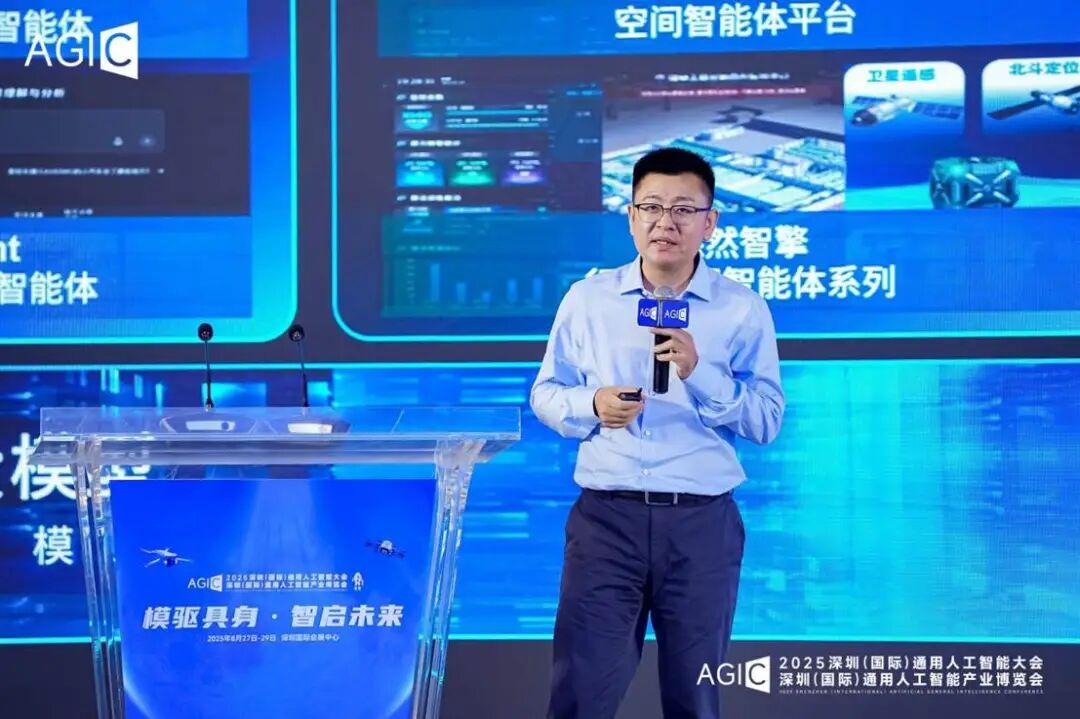
Duan Fengyuan, founder and CEO of Aike Interconnected Intelligent Technology (Shenzhen) Co., Ltd., shared his practical insights and reflections on "Agentic AI: Building a Global Industrial-Grade Intelligent Agent Cluster." He proposed that Aike Intelligence, through "deconstructing and reconstructing" industrial scenarios, has extracted over 3,000 industrial-grade functional elements and built the world's first cross-business, cross-enterprise, and cross-industry multi-agent collaboration platform, Unitrix. This platform effectively replaces traditional roles with "AI employees," helping companies reduce costs by 90% and increase efficiency by 1,300 times, achieving "one-person unicorn"-style global operations.
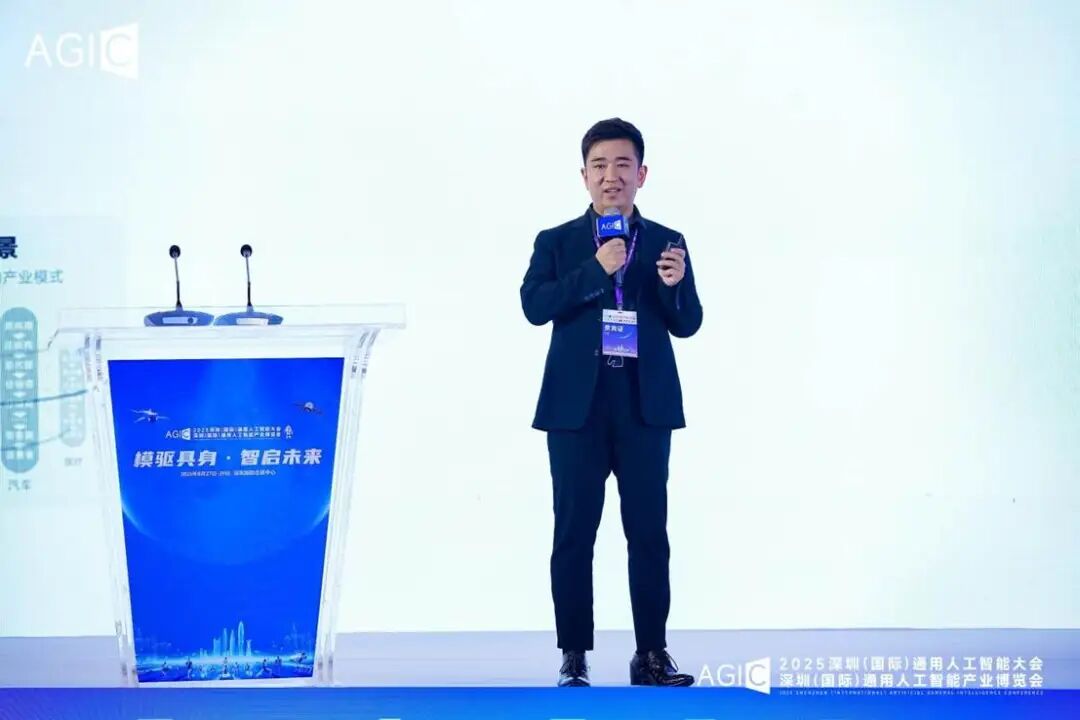
Guo Yangbo, Deputy General Manager of Shenzhen Smart City Technology Development Group Co., Ltd., focused on "AI-native smart city management and services" and shared Shenzhen's practical experience. He explained that Shenzhen Smart City has established a "1+N+1" smart city coordinated construction and operation model, creating an "Intelligent Startup" urban intelligent agent innovation and open platform, and demonstrating the in-depth application of AI in government affairs, public welfare, courts, energy, and other scenarios. Through tools like the DeepSeek government office assistant and the intelligent dispatching system, efficient governance with "two-second dispatch and three-minute processing" has been achieved, supporting the application of AI in government affairs, transportation, emergency response, and other fields.
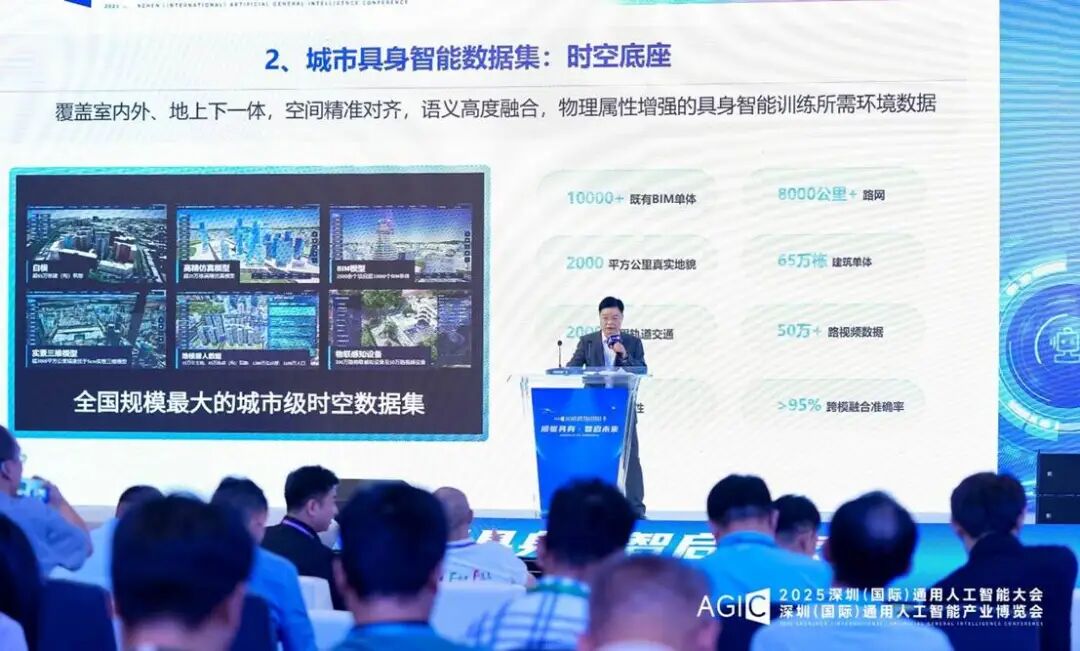
Wu Yi, Key Account Director of Shenzhen Unilumin Technology Co., Ltd., presented a presentation titled "Optical Display Intelligent Body: Opening a New Era of AI-Enabled Device-Side Applications." He showcased innovative products that integrate AI and optical display technology, including the AI Light Fortress Box, an emotional companion desk lamp, and a digital kiosk. Using an "AI + Hardware + IP + Scenario Services" model, Unilumin has built a comprehensive portfolio of optical display intelligent body products covering both business-to-business and consumer-to-consumer (B2B) markets. Furthermore, Unilumin has partnered with Zhejiang University to establish the Joint Research Institute for the Large-Scale Model of Chinese Excellent Traditional Culture to promote the application of digital humans and AR interaction technologies in cultural heritage.
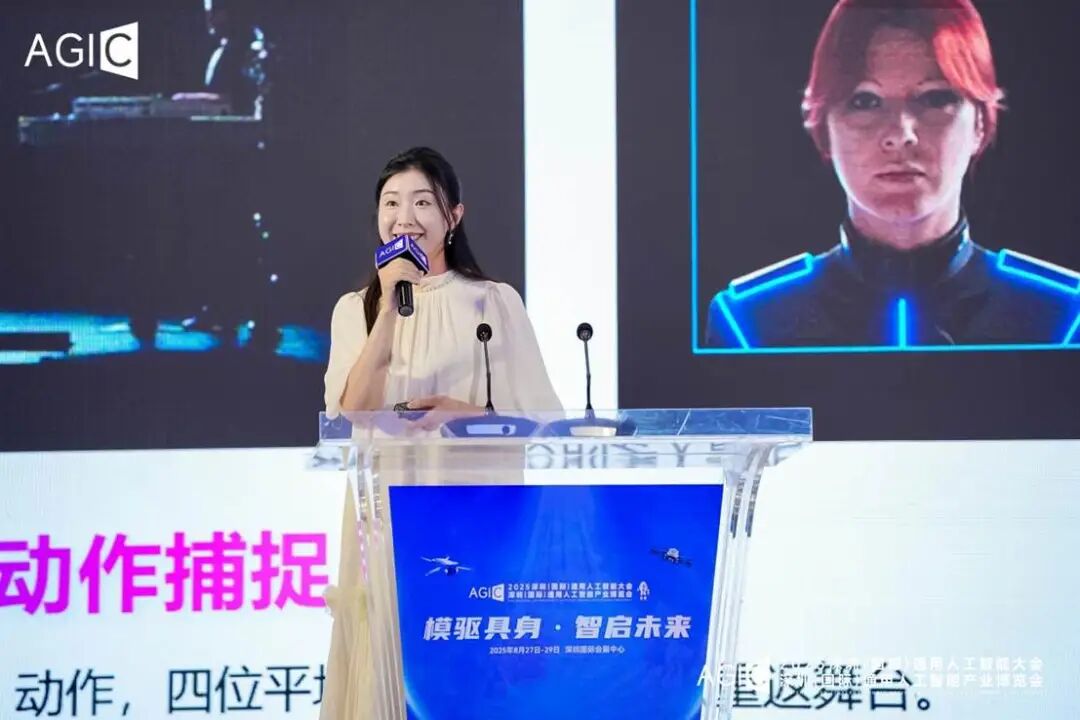
Zhang Jun, Chief Economist of China Galaxy Securities Co., Ltd., discussed, from a macro perspective, "How to effectively leverage the 'new supply-side reform'." He emphasized that China possesses six major advantages in AI: institutional mechanisms, market size, manufacturing capabilities, demographic data, talent pool, and resource endowments. China should leverage the economies of scale of a major country, accelerate the "AI Plus" initiative, and promote the deep integration of AI with the "three pillars" of consumption, investment, and exports, providing key support for achieving the 2035 Vision.
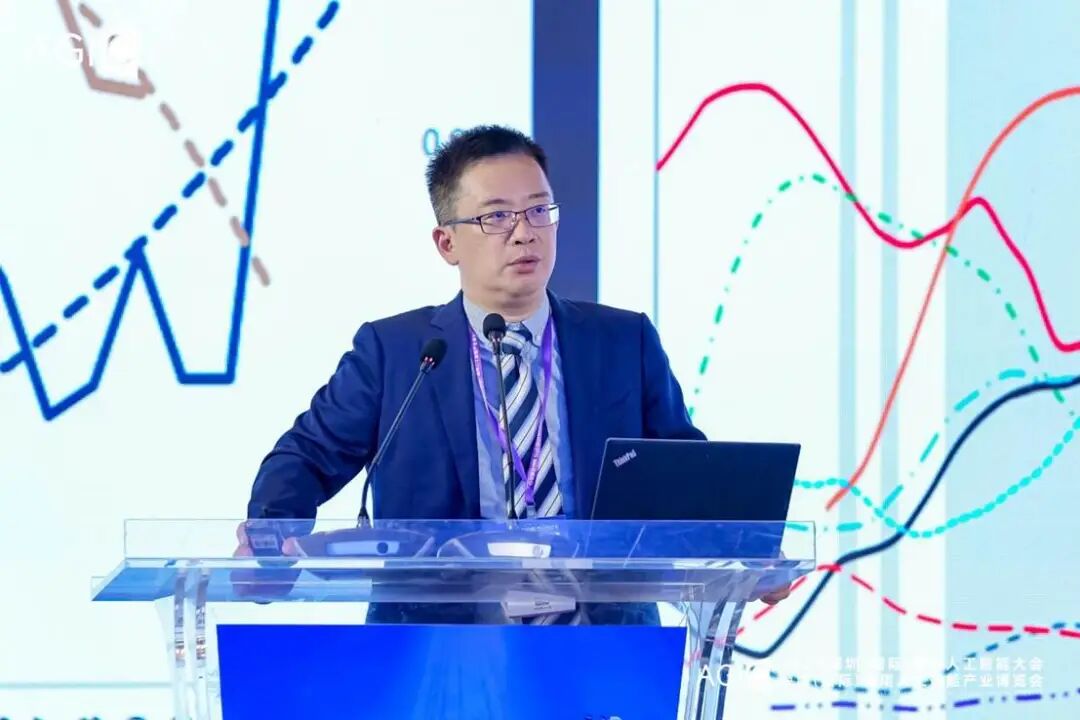
The event concluded with a roundtable discussion themed "How to Establish a Symbiotic Path for AI Development and Governance." This discussion was moderated by Fan Congming, Executive Chairman of the 2025AGIC Conference Organizing Committee and Executive President of the Shenzhen Artificial Intelligence Industry Association. Xu Ming, Chairman and President of Shenzhen Liwei Zhilian Technology Co., Ltd.; Chen Qiong, Chairman of the Board of Directors of Shenzhen Beauty Cube Health Investment Group; Li Jiaping, Vice President of Strategic Development of Alibaba Cloud Intelligence Group; Wei Dong, General Manager of AI Commercialization at 360 Group; and Han Meng, Research Fellow at Zhejiang University and Founder and CEO of Hangzhou Juntong Future Technology Co., Ltd., engaged in a lively discussion on key topics.
During the discussion, the panelists reached consensus on topics such as "Risk Prevention and Control Amidst the Rapid Development of AI Technology," "Industry Standard Development and Self-Regulation," and "Global Governance Collaboration." The panelists agreed that AI development must prioritize both innovation and security. Enterprises should proactively fulfill their security responsibilities and strengthen data security and algorithm compliance management. The industry must accelerate the development of unified standards and align governance rules with international standards. Furthermore, through collaboration between government and enterprises, and between industry, academia, and research, a virtuous cycle of "governance within development, development within governance" must be established to enable AI technology to better serve the high-quality development of the economy and society.
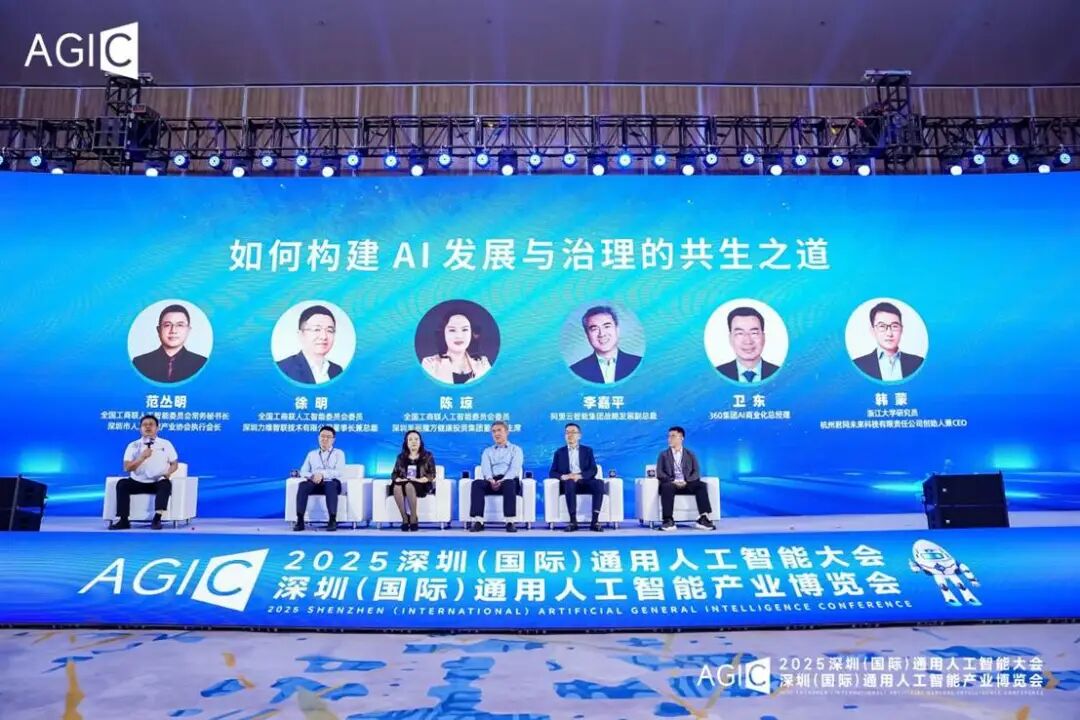
The successful holding of this themed exchange event on the development of the AI industry ecosystem not only provided a high-level dialogue platform for AI experts, scholars, and business leaders, but also offered valuable insights and paths for promoting the deep integration of AI with the real economy and building an open and collaborative industry ecosystem. In the future, with the deep integration of AI technology across various industries and the continuous improvement of its governance system, my country's AI industry will gradually enter a new stage of high-quality development characterized by "ecological collaboration, security and controllability, and shared value," providing strong scientific and technological support for the comprehensive development of a modern socialist country.











